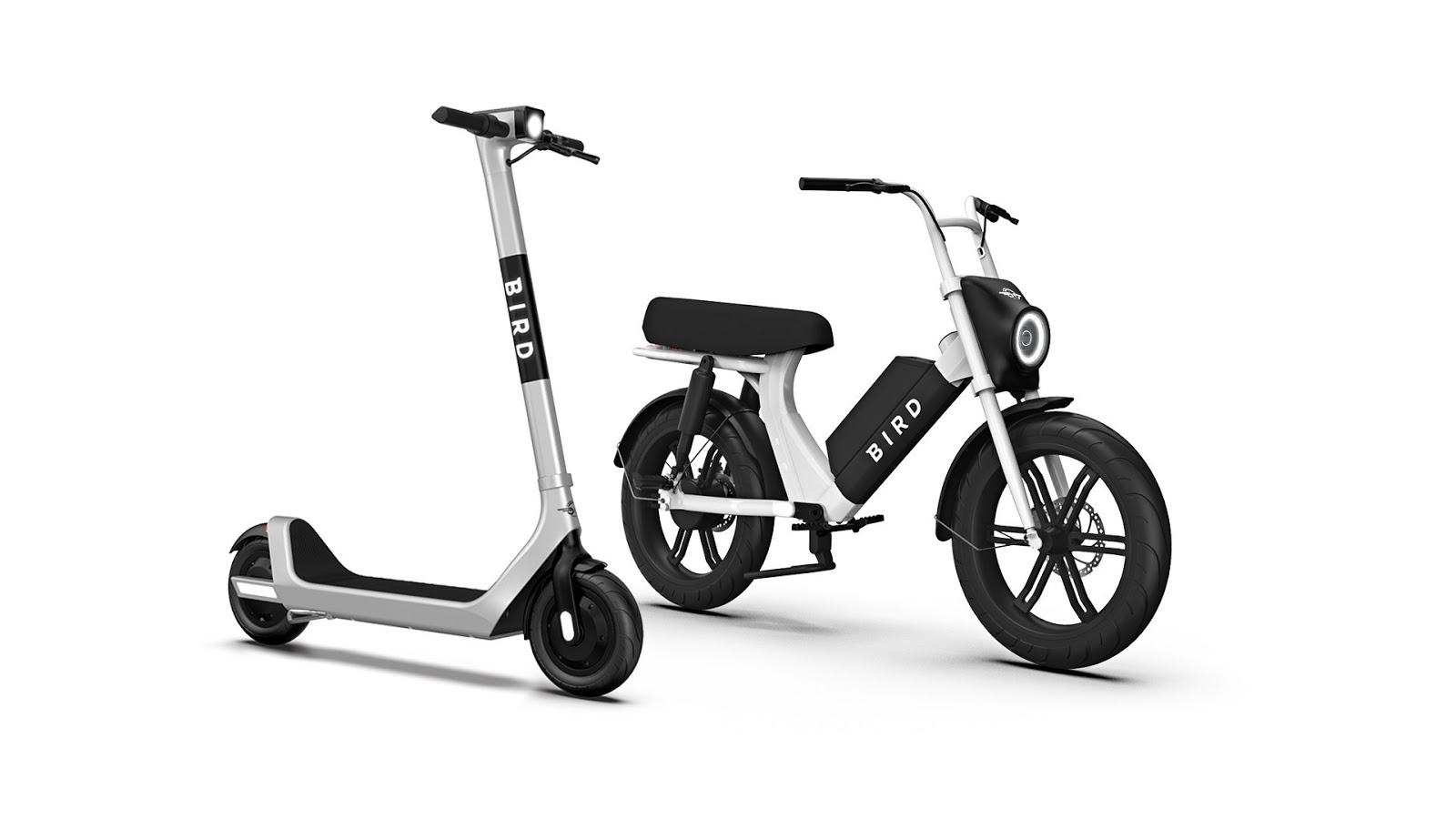- General
- October 4, 2019
- 6 minutes read
Bird Raises $275 Million Series D
Bird founder and CEO Travis VanderZanden Photo by Steve Jennings/Getty Images for TechCrunch Bird, a Santa Monica-based startup that’s famous…
 |
| Bird founder and CEO Travis VanderZanden
Photo by Steve Jennings/Getty Images for TechCrunch
|
Bird, a Santa Monica-based startup that’s famous for its shared e-scooters, has announced $275 million in Series D funding led by CDPQ and Sequoia Capital. According to TechCrunch, the funding values Bird at $2.5 billion, up from a previous $2 billion. Bird says the new capital will help it continue “on its path to profitability” and further research and development. This funding included, Bird has now raised $548 million in total funding, according to Crunchbase data. According to data from Crunchbase, Bird first raised funding (a seed round) in June 2017, and has gone on to raise hundreds of millions more in a relatively short time.
Not long ago, Bird unveiled a new scooter, the Bird Two, shortly after debuting an earlier version; the Bird One. Coming up with new scooters, and even a new electric bike, likely draws significant R&D expenses, coupled with reports of mounting losses, which gives some hints as to why Bird consistently seeks more funding in a short period. According to previous report from The Information, Bird lost nearly $100 million on just $15 million in revenue in the first quarter of this year. The Information reported the company was down to about $100 million in cash even after raising hundreds of millions, although that report was disputed by Bird CEO Travis VanderZanden. In his dispute, VanderZanden touted what he termed as “positive unit economics” that Bird had with scooter rides.
 |
| A Bird scooter and electric bike
image: Bird
|
VanderZanden also made note of that again in a statement that announced Bird’s new funding. “Nearly a year ago, we recognized that the world was changing. Gone are the days when top line growth was the leading KPI for emerging companies. Positive unit economics is the new goal line,” He said. “As a result, we pivoted from growth to unit economics as the top priority for the company. Now with the best unit economics in the industry, new Bird investors such as CDPQ see that we are paving the road for a long term sustainable and healthy business.”
“The team at Bird exemplifies grit and has embraced a laser focus on the key drivers of unit economics in a complex business. The degree to which they were devoted to and accomplished strong contribution margins in a compressed timeline is rare for a company so early on in its development,” Sequoia Partner Roelof Botha, who holds a board seat at Bird, added. “We are thrilled to strengthen our commitment to Bird and look forward to seeing continued progress on their path to profitability.” He said.







